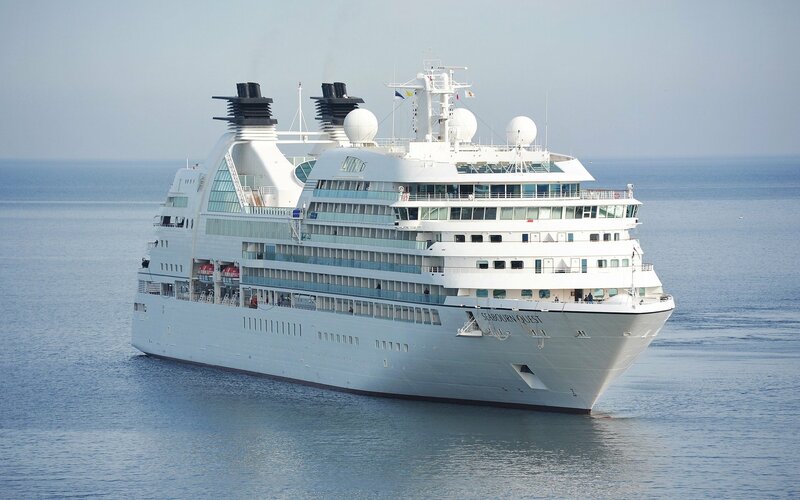
Tips for travelling overseas with horses
Being well prepared is paramount when it comes to travelling abroad with horses. British Eventing looks at what you need to know when preparing for your first event overseas.
SOUND TRAVELLING
- Monitor your horse’s temperature before travelling so you know what normal is. Take it every day while away – if your horse develops a temperature ask for veterinary advice immediately
- Have a map for every country you are passing through – don’t rely on your satnav
- Have an idea of some stabling options along the route
- Speak to fellow competitors for advice on roads, stabling options and journey time
- Do your best to stop every four to five hours. If possible, get your horses off in a safe environment. Most importantly, allow them to get their heads down to prevent mucus accumulation in the lungs and the development of bacteria, which will help to lower the risk of shipping fever (pleuropneumonia)
- Offering water frequently is an absolute necessity
- Pack enough feed and hay/haylage in case you get delayed, along with a low energy feed option in case you cannot compete
- Take plenty of rugs – waterproof rugs are useful for grazing or covering up equipment
- Most people will have a basic veterinary kit, but check everything in it is in date and legal. It is the rider’s responsibility to know the FEI rules on medication for both humans and horses.
- Be alert to your horse and monitor their faecal output.
ADVICE ON FERRY TRAVELLING
- You are charged for ferry travel based on the length of your vehicle
- Inform the ferry company that you will be transporting a horse when you book
- Don’t forget to phone the ferry company before you leave to check for any delays or rough weather – they will not allow horses on the ferries in very rough seas
- Horses don’t normally need to wear much on the ferry; open all the windows and if possible have the ramp down
- If you are on a long crossing you can ask to be escorted to check the horses
ADMINISTRATION AND DOCUMENTATION
- The BE international co-ordinator must process overseas entries for FEI events and check your qualifications.
- Overseas events will be attended by a British Chef d’Equipe or a rider representative. Responsible for the co-ordination of British riders, they are a great point of contact for technical guidance and support.
HORSES
- FEI passport – required for events at all levels abroad
- FEI registration – register horses and riders via BE
- Vaccinations – check the most up to date FEI rules for details on required vacinnations
- To enter international competitions both horse and rider need to be FEI registered whether the competition is at home or overseas
- Health certificate – issued by the Department for Environment, Food and Rural Affairs (DEFRA) and TOP TIP Using a recognised agent will ensure that your documents are organised and up to date signed by your vet. See www.bef.co.uk for further information about the Tripartite Agreement and how to get a DOCOM.
- Export licence – applied for through DEFRA and submitted seven working days prior to travelling
- Insurance – ensure your horse insurance covers competing abroad
- Applies to UK international and overseas events
- New and renewed FEI registrations must be processed prior to entry in any international class. This can take up to 14 working days for BE to process both, so please allow plenty of time
- All horses registered for the first time with the FEI must be identifiable with a microchip
- Non GB nationals should apply via their own federation, details of which can be found at www.fei.org
HUMANS
- FEI registration – riders must be registered with BE to become FEI registered
- European Health Card (EHIC) – to access healthcare in the European Economic Area and Switzerland
- Travel insurance – check that you and anyone else travelling with you has the correct level of travel insurance
- Passport
VEHICLE
- European insurance
- International operators licence (professionals only) – details can be found via the Driving Vehicle Standards Agency (DVSA)
- Certificate of Competence (CPC) – qualification for professionals only, CPC has been introduced across Europe with the aim of improving road safety and helping to maintain high standards of driving
- Road tax or Euro Vignette – some countries require this in addition.
- Research the vehicle regulations for each country you are going through.
TRAVELLING OUTSIDE THE EU?
When travelling by air, the logistics will be handled by a shipping company to ensure all documentation is correct. If you are heading outside the EU by road, some countries have quarantine and blood test requirements – a shipping agent will be able to provide you with the specific details for each country.
